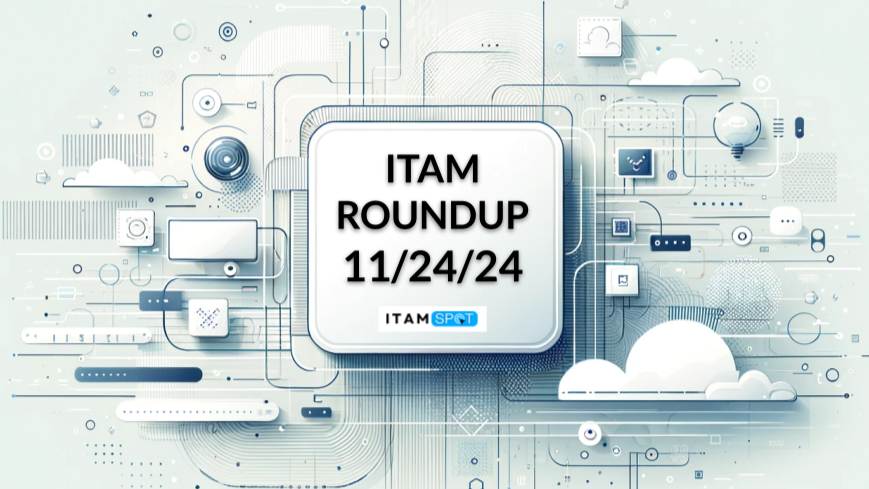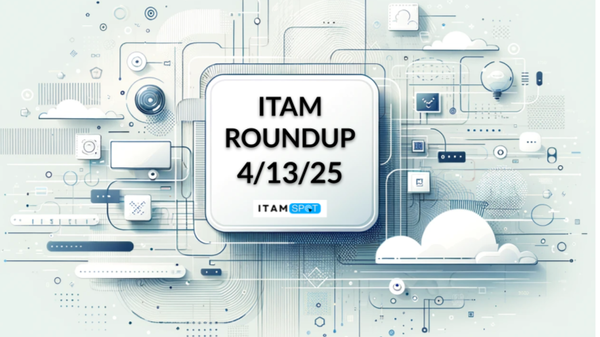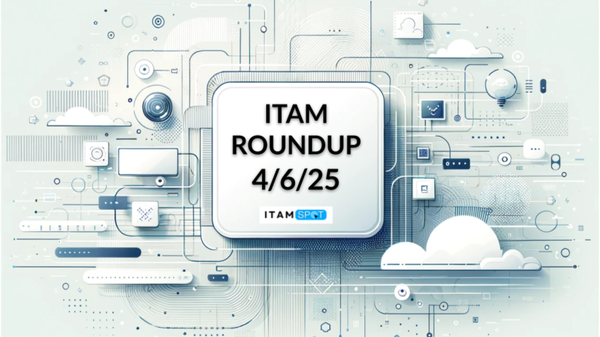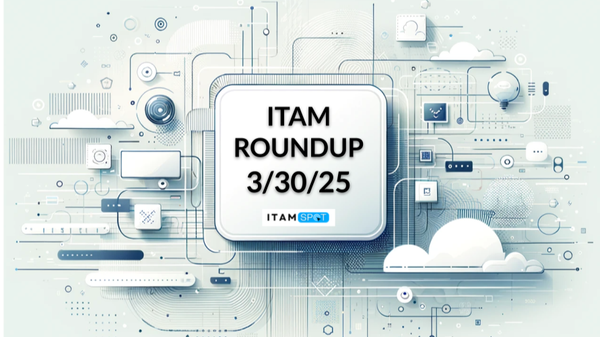The ITAM Roundup: 11/24/24
📰 News
Snowflake snaps up data management company Datavolo
Snowflake announced its acquisition of Datavolo, a data pipeline management company, to enhance its data processing capabilities and simplify the data lifecycle for customers. Datavolo’s platform, powered by Apache NiFi, automates data flows and supports AI applications, enabling flexible pipelines for integrating data from diverse sources into Snowflake’s data cloud. Alongside its acquisition news, Snowflake reported strong Q3 earnings and a partnership with AI startup Anthropic, underscoring its growing focus on AI-driven data management solutions.
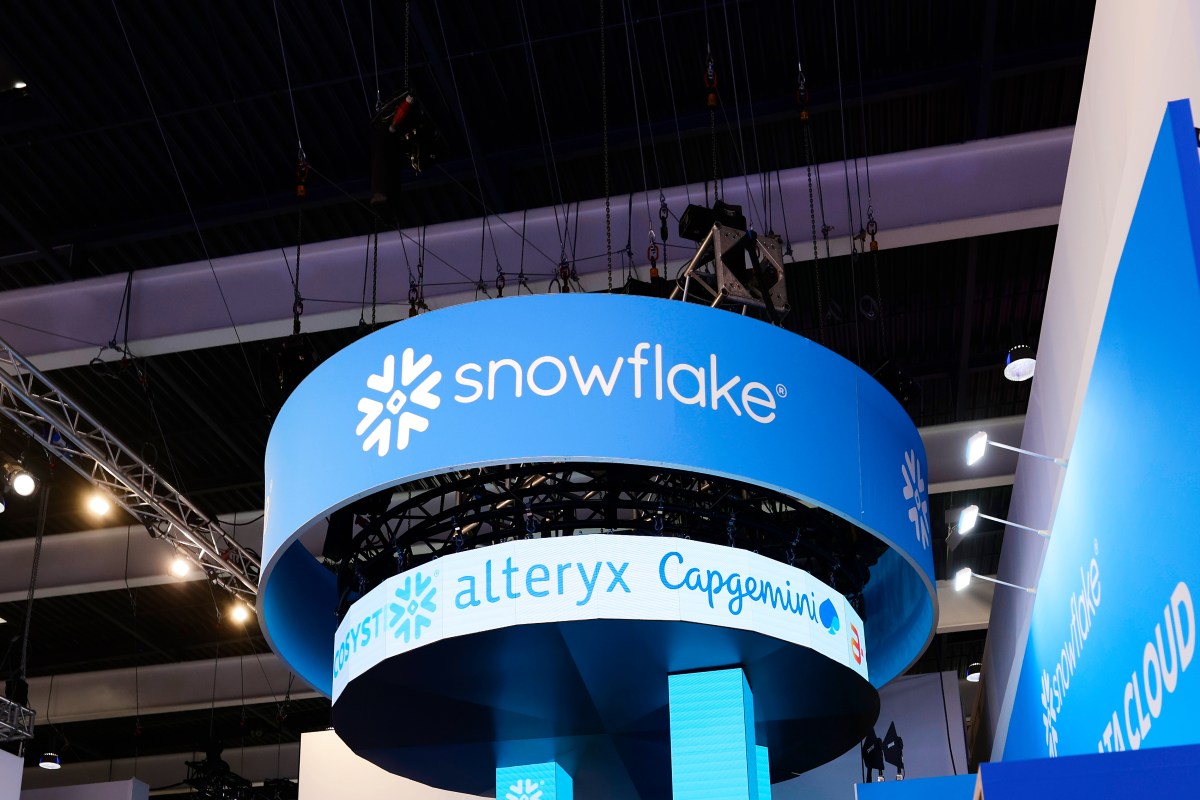
Ignite 2024: Microsoft identifies new frontiers for Fabric
At Ignite 2024, Microsoft highlighted updates to Microsoft Fabric, including the introduction of Fabric Databases, enhanced billing controls, and the milestone of 16,000 customers using the platform. Fabric Databases aim to unify transactional and analytical database capabilities with features like RAG support, vector search, and Copilot integration for natural language-to-SQL translation. Designed for simplicity and AI optimization, Fabric offers seamless integration across data formats, advanced security, and support for third-party tools, enhancing productivity for data teams.
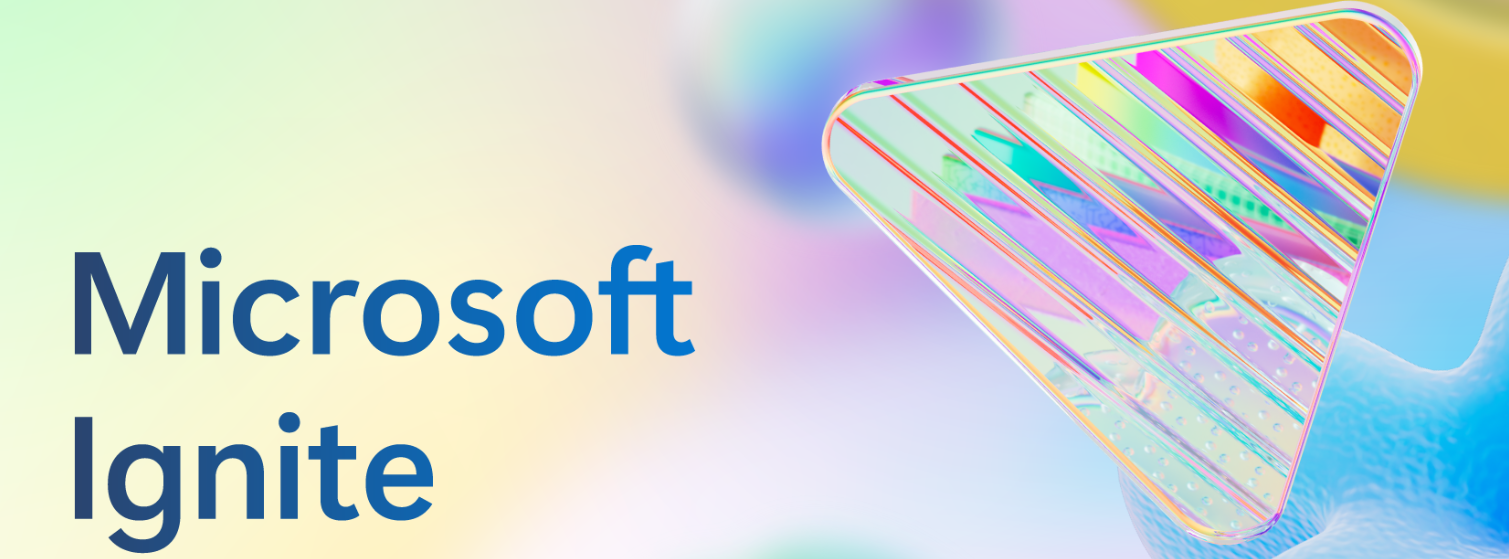
Amazon bets another $4B on Anthropic
Amazon has doubled its investment in Anthropic, adding $4 billion to its previous $4 billion commitment, solidifying AWS as Anthropic’s "primary cloud and training partner." The partnership includes deep technical collaboration, such as refining AWS Trainium accelerators to optimize machine learning workloads, and has attracted business clients like Pfizer and the European Parliament. While regulatory bodies like the UK CMA have shown interest in such AI collaborations, no significant action has been taken, leaving Amazon's substantial investment unchallenged for now.

Microsoft Ignite 2024: Azure, AI Take Center Stage with Major Platform Updates
At Microsoft Ignite 2024, the company announced major updates to its Azure and AI platforms, focusing on infrastructure scalability, AI development tools, and enterprise deployment. Highlights include Azure AI Foundry for simplifying AI application development, new AI-optimized Azure virtual machines, and edge computing expansion with Azure Local, which extends Azure services to hybrid and distributed environments. Additionally, Microsoft unveiled significant infrastructure upgrades, including sustainable data centers and innovations like Azure Boost for enhanced performance and AKS Virtual Node v2 for full Kubernetes compatibility.
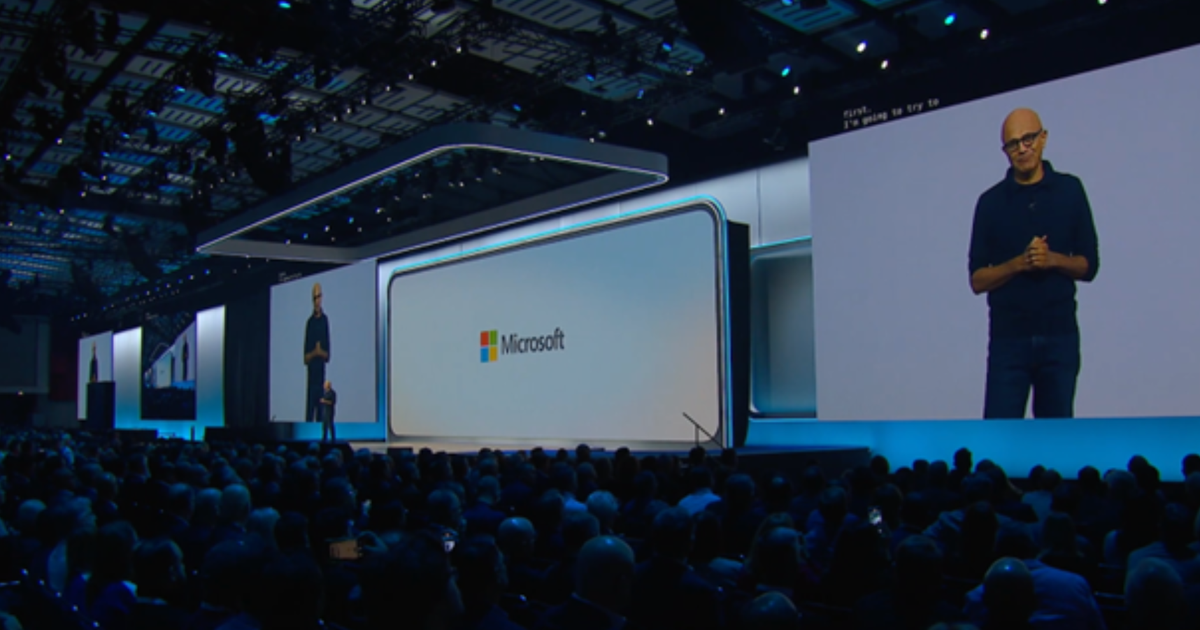
Equinix to close its 'Metal' IaaS offering in 2026
Equinix will shut down its "Metal" bare-metal IaaS offering by June 2026, citing a strategic shift to focus on its core colocation, interconnection, and hyperscale businesses. Launched in 2020 after acquiring Packet, Equinix Metal aimed to complement its datacenter services but struggled to compete with hyperscalers like AWS and Google, whose datacenters often operate close to Equinix facilities. Despite this exit, Equinix remains well-positioned as a key infrastructure provider to hyperscalers, driven by rising demand for datacenter space fueled by the generative AI boom.
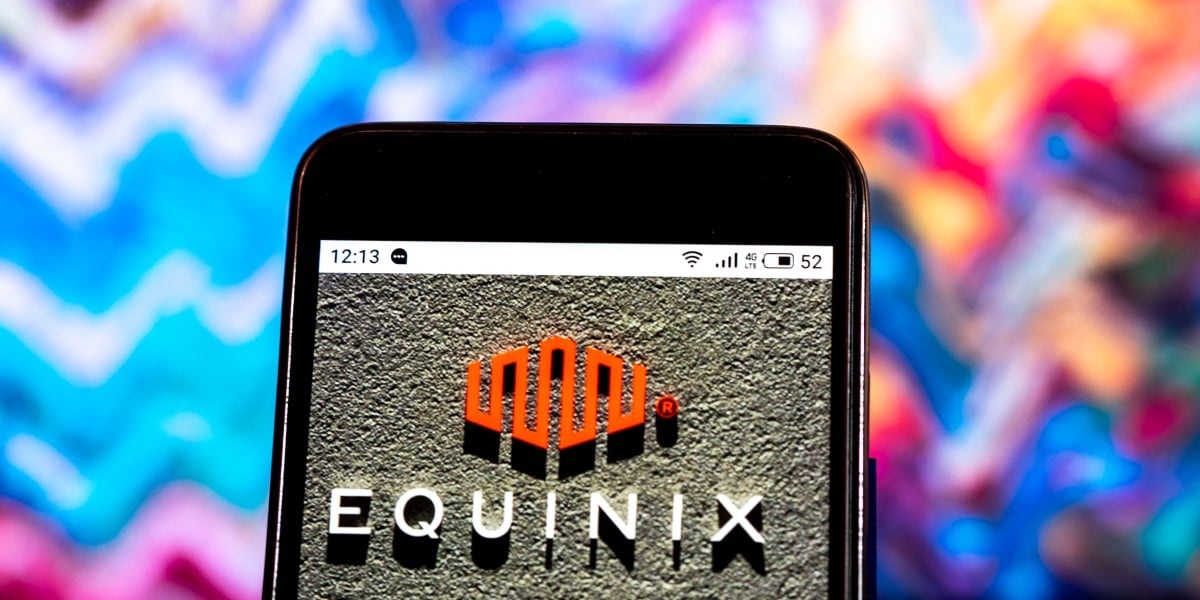
Microsoft and Hitachi Vantara team up for full stack hybrid cloud solution
Microsoft and Hitachi Vantara have expanded their partnership to deliver a full-stack hybrid cloud platform, integrating Hitachi's Unified Compute Platform with Azure Stack HCI to enable AI-ready solutions for data centers and edge environments. The collaboration aims to support customers in regulated industries by offering software-defined storage on Azure, facilitating secure and efficient migration of mission-critical applications between on-premises and cloud environments. By partnering with Hitachi Solutions, a leading Microsoft integrator, the platform also addresses the growing demand for tailored AI workloads and applications.

NetApp’s stock rises after raised profit and sales guidance, citing strong cloud storage demand
NetApp's stock rose over 5% following an earnings beat and increased guidance, driven by strong demand for cloud-based and all-flash storage solutions amid enterprise adoption of AI technologies. The company reported $1.66 billion in revenue for the quarter, a 6% increase from last year, and highlighted its growing cloud business, which outpaces competitors in profitability and focus. NetApp's long-term strategy centers on intelligent data infrastructure for AI workloads, positioning its ONTAP operating system as a key platform for generative AI, with analysts optimistic about its continued growth.
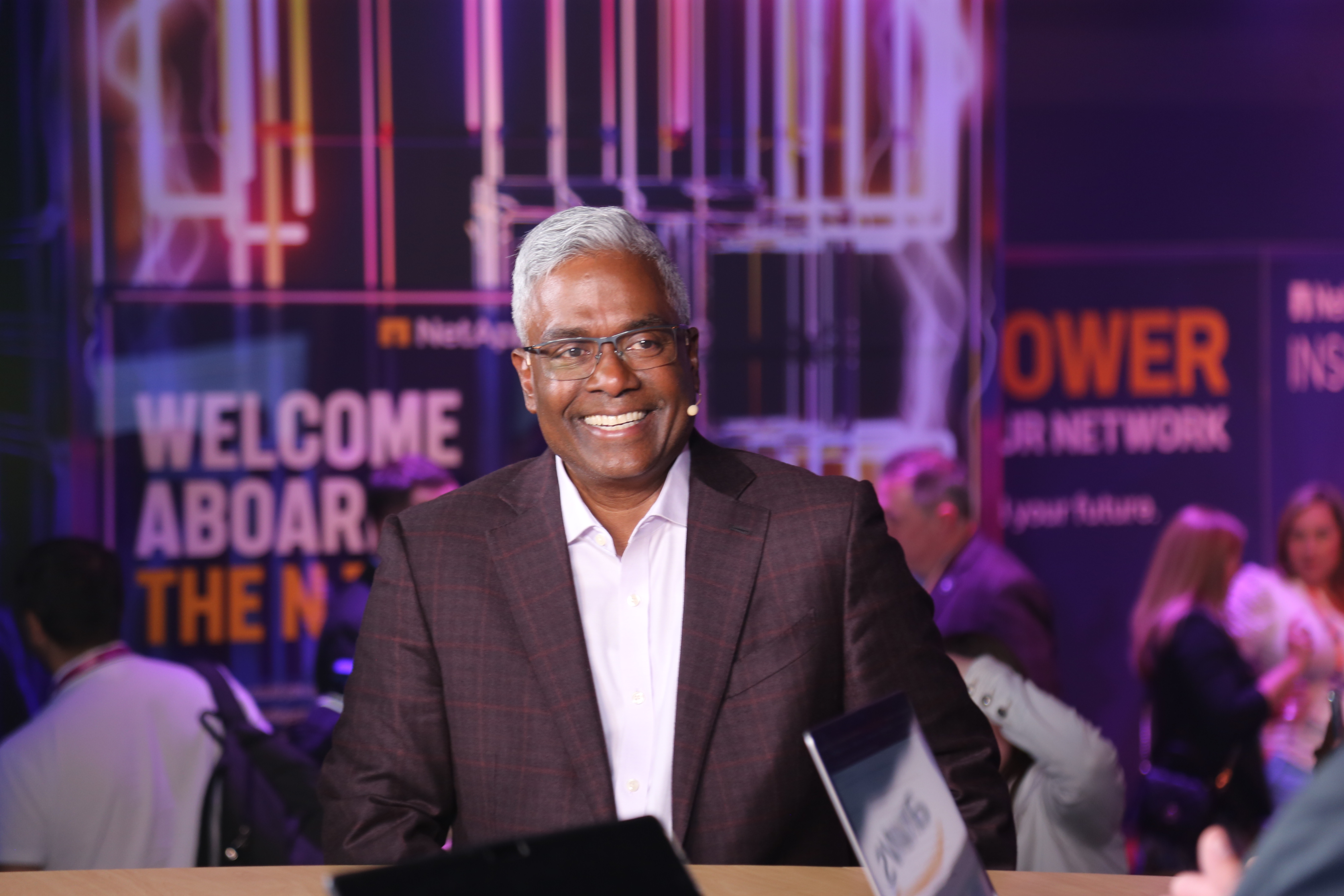
KPMG fuels Google Cloud practice with $100M investment
KPMG is investing $100 million to expand its Google Cloud practice, aiming to enhance its generative AI offerings for industries like retail, healthcare, and financial services. The two companies will collaborate on new solutions using tools like Vertex AI, Gemini models, and BigQuery, with KPMG providing the expertise and resources to accelerate AI adoption. This partnership builds on earlier collaborations and reflects the growing trend of professional services firms leveraging AI to boost business and client solutions.

📖 Tips
Microsoft Price Increases and “Flexible” Copilot Billing Are Coming: How to Prepare
Microsoft is increasing prices for Power BI, Microsoft Teams Phone, and introducing a flexible billing model for M365 Copilot starting in late 2024 and early 2025. These changes include price hikes of up to 40% for some products and a 5% premium for M365 Copilot’s new monthly subscription option. To prepare, organizations should focus on securing favorable pricing, assessing current product utilization, and negotiating investments to maximize the value of Microsoft solutions during renewals.
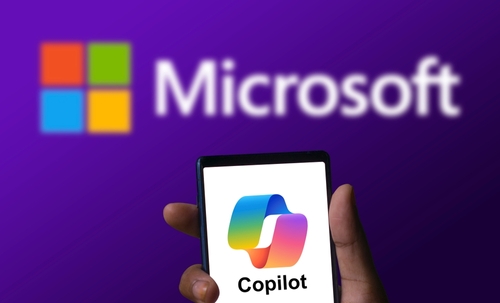
Microsoft Ignite 2024: What You Need to Know
At Microsoft Ignite 2024, AI assistants and tools took center stage, alongside announcements about new Windows security features, SQL Server 2025, and a Windows 365 thin-client device. Microsoft emphasized its evolving AI ecosystem, including enhancements to Copilots, agents, and Azure AI Foundry, while also introducing updates to the Power Platform and data governance tools like Purview. Key infrastructure changes include the rebranding of Azure Stack to Azure Local and advancements like hotpatching for Windows, aimed at improving enterprise IT efficiency and security.

🐛Bugs & Exploits
Chinese hackers target Linux with new WolfsBane malware
Chinese hacking group Gelsemium has been linked to a new Linux backdoor, 'WolfsBane,' a port of Windows malware, featuring a dropper, launcher, backdoor, and a modified rootkit for stealth. Another Linux malware, 'FireWood,' is suspected to be a shared tool among multiple Chinese APT groups, enabling espionage with capabilities like file manipulation and data exfiltration. These developments highlight a growing trend of APT groups targeting Linux systems as Windows security improves, focusing on internet-facing Linux vulnerabilities for exploitation.


